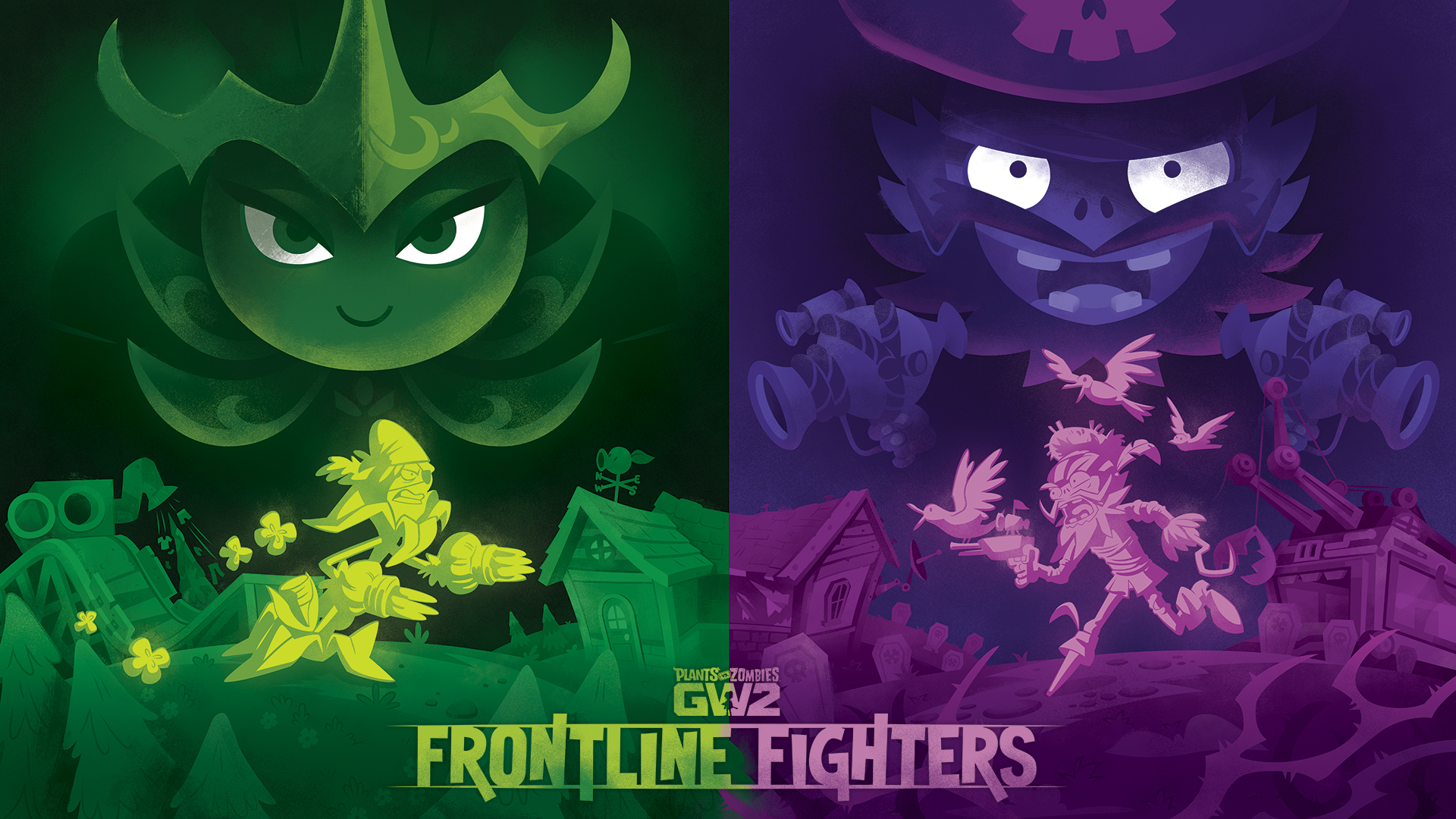One of the biggest trends to emerge in recent years is the concept of treating a game as a service. Whether it’s through regular DLC updates or eSports promotion, treating a video game as a service and catering to the players’ needs can significantly extend a game’s lifecycle well past its launch year.
One of the major proponents of treating games as a service is Electronic Arts (EA), which has emphasized player engagement as a core feature with many of its games. One such game includes Plants vs. Zombies: Garden Warfare 2, an online game that features both competitive and cooperative modes, all presented with a whimsical flair. In it, well-armed plants are in a constant battle against superpowered zombies in a struggle for control. It’s a premium game, but the developers, Popcap, provide regular free updates to keep the content fresh and engaging. Although the game released in February of last year, it received its fifth major update in December in addition to having new weekly challenges.

The associate producer for Plants vs. Zombies: Garden Warfare 2, Marcel Kuhn, speaks to [a]listdaily about what it means to treat a competitive game as a service and how the approach impacts the engagement and lifespan of the title.
When asked what the term “games as a service” meant to him, Kuhn said, “‘Games as a service’ means having a plan when you launch your game and, even more importantly, being ready to make changes to your plan after you launch. You can fine-tune your Live Service Plan by having open betas and looking at what other games are doing, however having your community play the final game and provide you with feedback is by far the best way to adjust the plan in a meaningful way. A good example in Plants vs. Zombies: Garden Warfare 2 is how we handle gameplay tuning and improvements. We roll these into each update we launch based on what we hear from the community and what we see in our own telemetry. Only by combining these two sources of information, this becomes a service to our community.”
Kuhn also discussed how treating a game as a service is an evolution from the traditional way of launching and promoting games. “The video games industry has come a long way from planning and developing a game, putting it on a disc, placing the disc in a package and shipping it off,” said Kuhn. “In this day and age, the task of making a game is never really complete. The previous generation of consoles hinted at the potential, and on the current gen platforms, patches and server-side content updates are in full swing. That means engaging with the community to create meaningful content on a regular base, which in return, will generate long-term engagement.”
So, what is the key to long-term engagement with an audience? “Listen to what the audience says and make sure to find the right balance to give players what they want as well as what they need,” Kuhn said. “As developers, we have to keep the game balanced, honor the time players spend with the game by listening to their feedback, and on top of it all, continue to surprise them with innovations they didn’t expect.”
Keeping the game updated with fresh content also plays a key role. “Two of the key features in our Live Service Plan for PvZ: GW2 are the Community Challenges and the Mystery Portal Events that get updated weekly,” explained Kuhn. “We’ve launched these features knowing that we can release new and fresh content for our community on a regular basis. This generates a weekly rhythm, and our community knows that when they log in on specific dates, they will have something new and engaging waiting for them.”
We asked Kuhn how a game like Garden Warfare 2 competes for long-term engagement at a time when an increasing number of games are being treated as a service, thereby extending their lifecycles.

“Know your audience,” Kuhn replied. “As mentioned before, every game that launches should have a Live Service Plan in place. Knowing our audience allows us to have a solid plan, and from there on, it’s all about listening to the players and converting their feedback into in-game features. We’ve just recently launched our fifth updated, named Frontline Fighters, on December 1 in which we’ve added online split-screen. When we launched PvZ GW2, we did not plan to add this feature, but due to it being one of the most requested features by our community we’ve adjusted our Live Service Plan. By doing so, we hope the community sees that we value the time they spend in our game and reward them with some of the most requested features.”
Considering how a service can potentially go on indefinitely, we asked Kuhn how long a single game can expect to engage audiences. “With the right Live strategy, good games can extend their life cycles by several years,” Kuhn said. “It’s all down to how long the community actively engages with a title. The better the game team relationship with the community is, the longer the game will stay online.”

